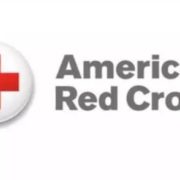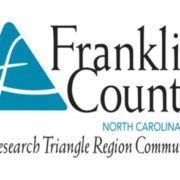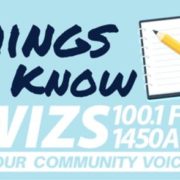Online 911 Telecommunicator Program A New Option For VGCC Students
Information courtesy of VGCC Public Information Officer Courtney Cissel
Vance-Granville Community College (VGCC) has teamed up with Richmond Community College to offer a new 911 telecommunications program to residents of Vance, Granville, Franklin and Warren counties.
The two community colleges recently signed an agreement which allows VGCC students to enroll in RichmondCC’s online associate degree program in 911 Communications & Operations. VGCC students will complete a majority of the core courses and the work-based learning portion of the program through RichmondCC while completing other general education requirements at VGCC.
“VGCC is pleased to partner with Richmond Community College to offer the 911 operator degree. Collaborations like these allow us to offer needed training and credentials to our community while being fiscally responsible,” said VGCC President Dr. Rachel Desmarais.
The online degree program provides a pathway for individuals who are interested in starting a career in this field, as well as providing skills enhancement for those already working as 911 telecommunicators.
The college curriculum program was developed when the NC 911 Board reached out to RichmondCC about a need for standardization in training 911 telecommunicators, plus a need to help elevate this career field. The college worked closely with the NC 911 Board and the NC Department of Information Technology to construct the online program.
“We appreciate Vance-Granville coming on board in this collaborative career training partnership to give 911 telecommunicators, who are true public servants, better educational opportunities and career growth,” said Dr. Dale McInnis, president of RichmondCC. “We look forward to working with our neighbors in the Piedmont.”
Unique in the state of North Carolina, RichmondCC’s 911 Communications & Operations program welcomed its first class of students during the fall 2023 semester.
RichmondCC has been reaching out to other community colleges in the state to make the 911 telecommunications program and its resources available to more students. VGCC is the fourth NC community college to create such a partnership with RichmondCC; Bladen Community College, Gaston College, and Stanly Community College will also be extending the program to their students.
Richmond County is located near the South Carolina border; RichmondCC’s main campus is located in Hamlet, located roughly between Fayetteville and Charlotte.
For more information about the online 911 Communications & Operations associate degree, call RichmondCC at 910.410.1700. For more information about VGCC, visit https://www.vgcc.edu/.







